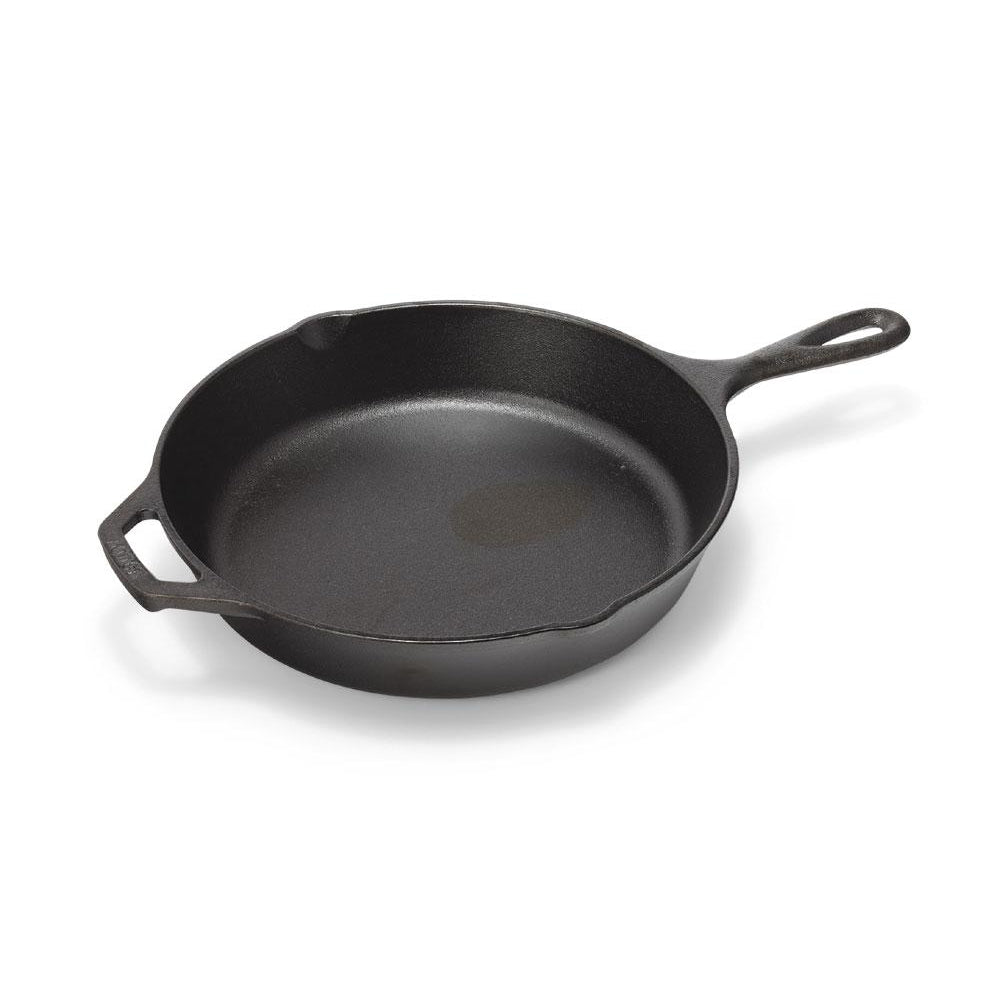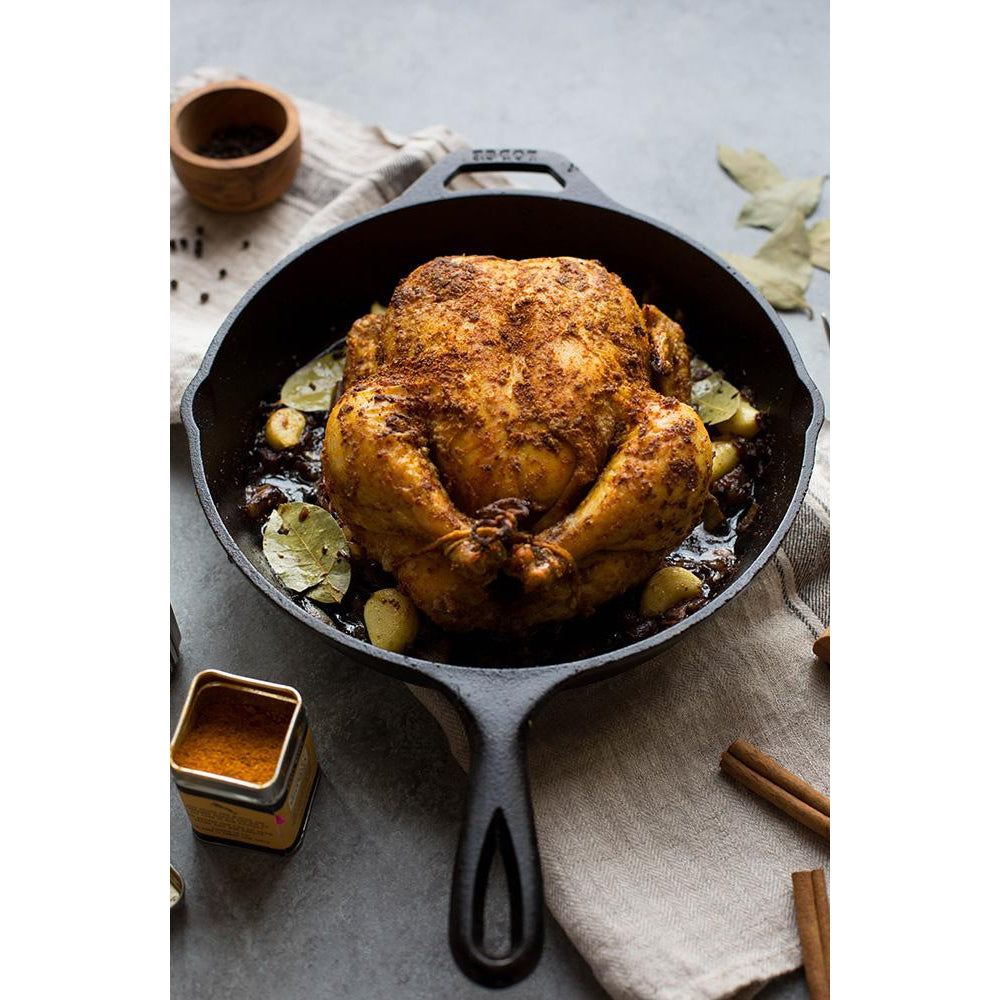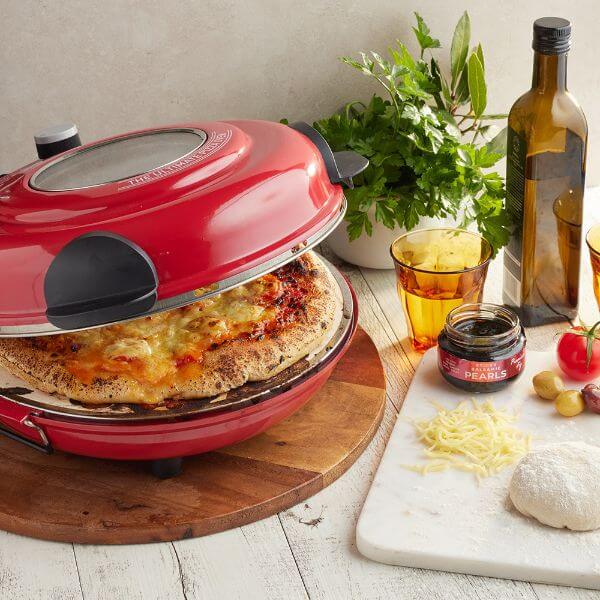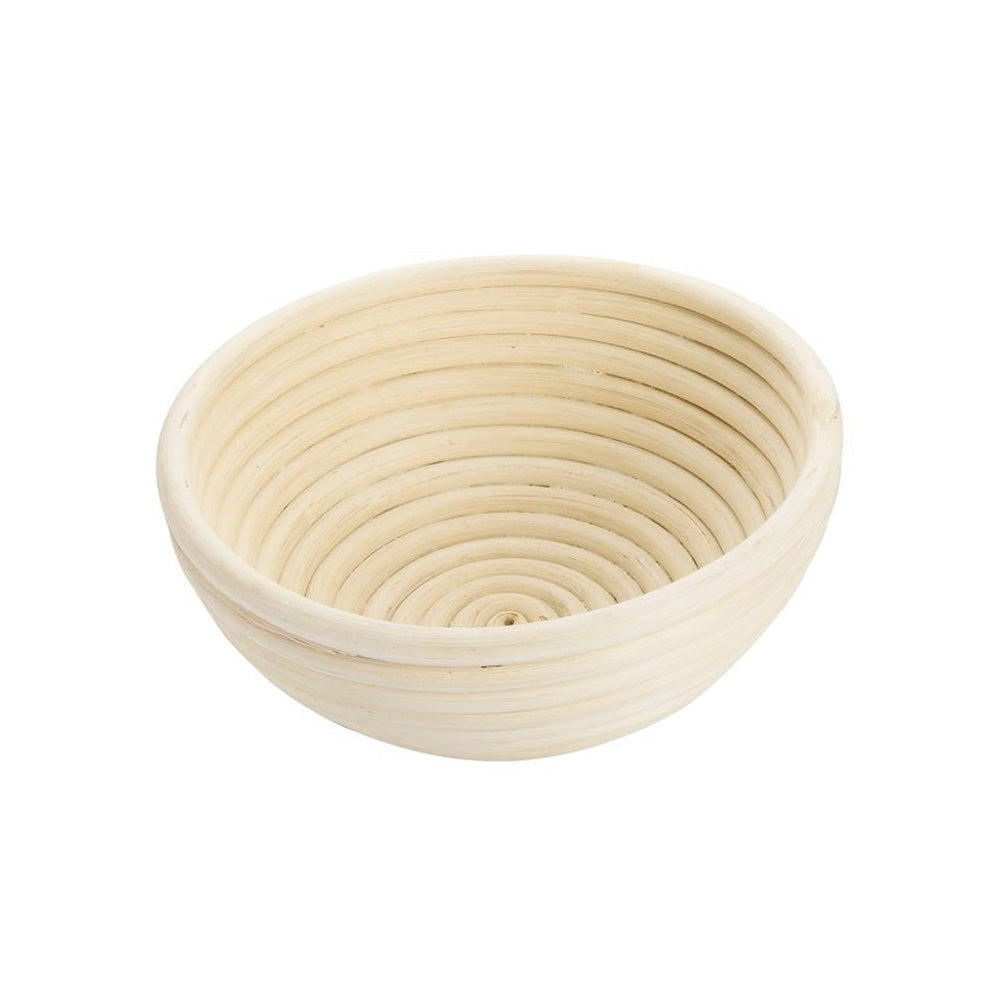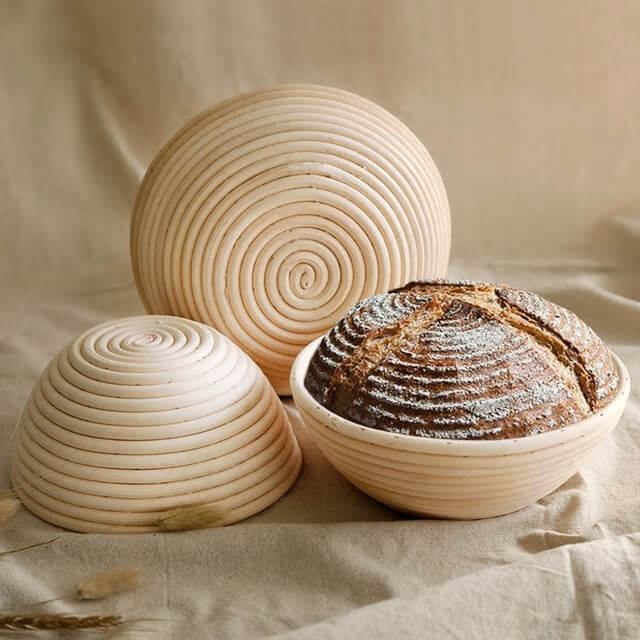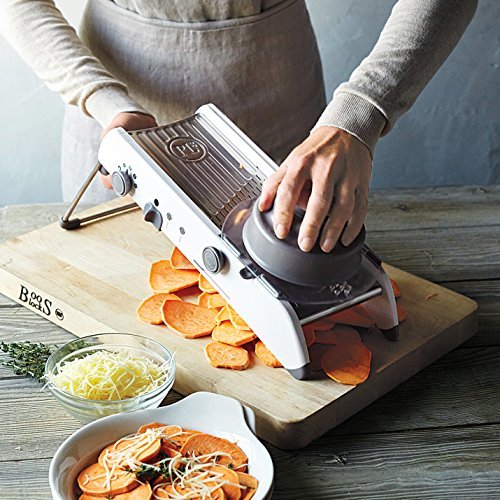The Perfect Cheeseboard
From Eleanor Ozich and Viva Magazine.
Beautiful, pungent, and rich, there's something about cheese that I simply can’t resist. It's not suprising that I have deep love for creating the perfect cheese board, one with varying textures, colours and flavours. Not only are tasting platters relatively simple to throw together, they can also be a conversation piece for your guests. Most will dig in with gusto, sharing opinions about which cheese they like, and those they don't.
Today, I share a few simple tips to create the perfect cheese board, one that will wow each guest and make you look like a true aficionado.
METHOD
1. Choose a large platter that will fit a good selection of ingredients. I use a round wooden chopping board with a little piece of baking paper placed on top.
2. I like to keep it minimal and offer three different types of cheese of varying textures and age – you don’t want to overwhelm anyone’s palate. The first is a soft, creamy cheese such as brie or camembert. Mild, whipped ricotta would also work nicely here. The second is something firm and aged, such as a sharp vintage cheddar, gruyere, or gouda. The third is blue vein, my most loved variety. Almost every cheese board includes a blue cheese, best known for its intensely strong and pungent aroma. I also recommend trying out cheeses made with different types of milk, like goat, or sheep milk.
3. Various other sweet and salty items work well as an accompaniment to cheese. Try cured goods such as prosciutto, salami or smoked salmon, salty morsels such as pistachios, candied almonds or good quality olives. Assorted dried fruit can include figs, medjool dates, prunes or apricots.
4. Dry cheese often likes something juicy, such as blood orange or green grapes, where as salty cheese begs for something small and sweet like blueberries or raspberries. Decorate with fresh honeycomb and a few sprigs of rosemary to create a platter that's visually striking - let's remember that people often eat with their eyes first.
5. Always offer a different knife with each cheese variety. If guests help themselves to the cheese using just one knife, there is a high chance that they might start tasting like one another.
6. Forget flavoured crackers and try something a little more interesting. I enjoy oat crackers for their mild, buttery flavour but good-quality sourdough or french baguette are also nice options.
7. Always bring your cheese to room temperature before serving – cheese at room temperature reveals flavour subtleties that you wouldn't otherwise taste if it were chilled. I like to pop it on the table at least one hour before guests arrive.
8. Lastly, I recommend making as many selections as you can from local producers. I like to visit my local farmers market, or alternatively, Nosh, Farro or your local delicatessen will offer a beautiful variety of cheese and are always happy to help out.


